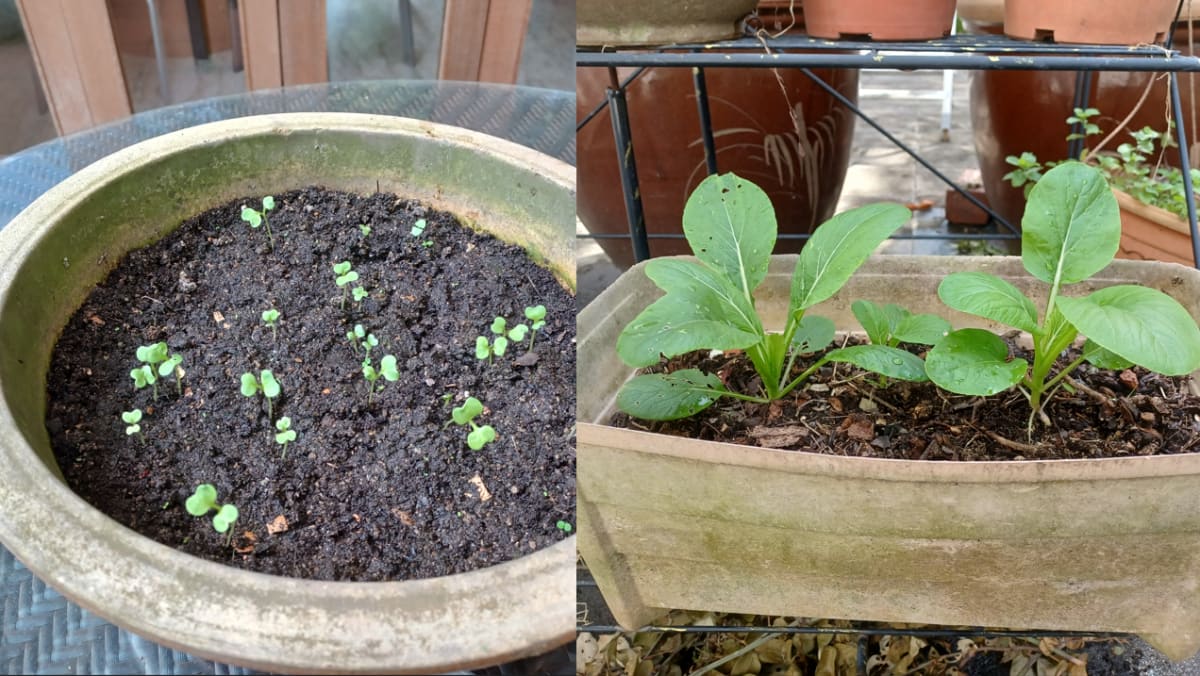
GARDENING CAN BE A FULL-TIME JOB
My family is lucky to have our own garden. Apartment-dwelling Singaporeans can bid for allotment gardens or volunteer to tend community plots. Or they make do with their space by keeping windowsill gardens or investing in fancy hydroponic towers.
The Internet abounds with solutions for gardening to feed yourself, regardless of how much space you have. YouTube videos about gardening for self-sufficiency have exploded, perhaps wrought by inflation and pandemic shortages.
There, self-professed homesteaders discuss how to plan crops, plot layouts and compost waste to maximise yields. In those circles, agricultural techniques like permaculture, crop rotating and companion planting are casually discussed – enough to make any amateur’s head spin.
Singapore Facebook groups dedicated to gardening – with the more popular ones counting more than 100,000 members – dispense tips and troubleshoot issues. But since success is so dependent on individual circumstances, it is disheartening to see attempts at hand-pollinating pumpkin blossoms, or propagating Italian basil from cuttings, end in failure.
The notion of working the earth for one’s food is quite romantic, but it is still work at the end of the day. Not all of us urban folk in Singapore have the land, resources, and most importantly, the time to do it.
Working to put food on the table already demands so much – can we really be expected to grow that food too?
While the only farming I might do from now on is in video games, I have come away with deep respect for people dedicated to growing their own food.
Or I might just do it for the pleasure, and not the pressure to feed anyone. The rhythm and routine of raising a living thing are fulfilling in themselves too.
Erin Low is a research writer at CNA Digital.
